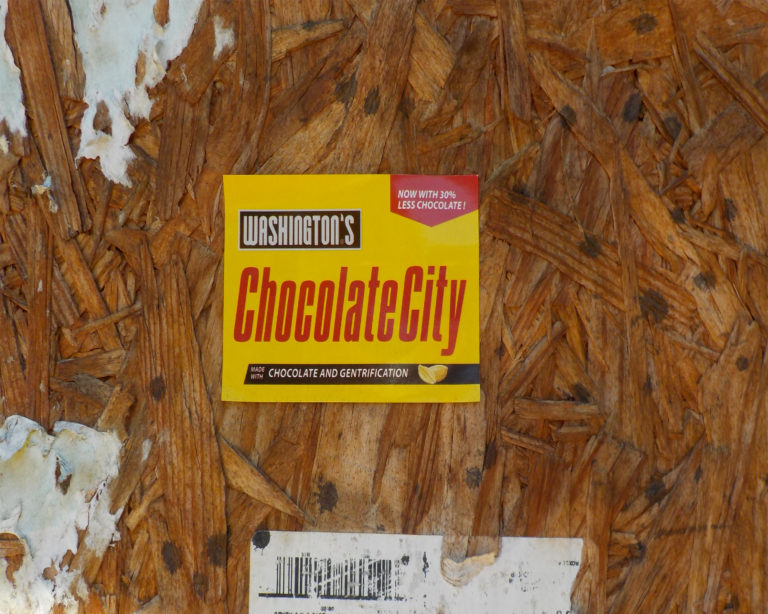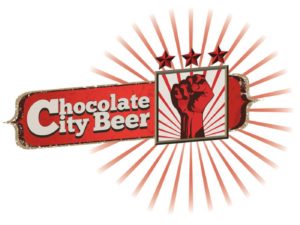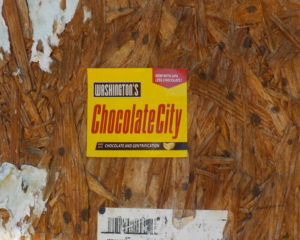Caption: A now-defunct brewery in Washington, D.C.; an anti-gentrification sticker posted on a construction site in Washington, D.C. (credit: Joseph Young)
Time: Friday, 21 June 2019, 15:00-17:00
Location: room 1.05, P.C. Hoofthuis, Spuistraat 134
Tracing Washington, D.C.’s shift from a Chocolate City to becoming a “post-chocolate” cosmopolitan metropolis, this talk discusses the continuing significance of blackness in the U.S. capital, and discuss how blackness is integral to our understanding of the city.
I focus on the production of racial aesthetics through the management of black excess in the Atlas District, a historic and rapidly-gentrifying area of Washington, D.C. In other words, I use blackness as a logic to understand and theorize contemporary urban processes, especially processes and practices of gentrification. Theoretically, I offer black aesthetic emplacement as a way to understand how blackness is aestheticized and deployed to fortify public order, organize urban landscapes, and foster capital. Extending Katherine McKittrick’s (2006) assertion that “Black matters are spatial matters,” I argue that spatial matters are also aesthetic matters. This relationship provides the foundation for an urban theory of aesthetics that accounts for what Black studies brings to bear on material processes of urbanization, namely the precarity of always becoming.
About the speaker
Dr. Brandi T. Summers is Assistant Professor of African American Studies and Associate Executive Director of the Institute for Inclusion, Inquiry and Innovation (iCubed) at Virginia Commonwealth University. Her research and teaching focus on race, gender, urban aesthetics, fashion, media studies, and visual culture. Her forthcoming book, Black in Place: The Spatial Aesthetics of Race in a Post-Chocolate City (UNC Press, October 2019), explores the way that competing notions of blackness structure efforts to raise capital and develop land in Washington, D.C. She has published several articles and essays that analyze the relationship between race, power, aesthetics, and urbanization that appear in both academic and popular publications. Her research has been supported by the Woodrow Wilson National Fellowship Foundation and the Social Science Research Council, among others.


